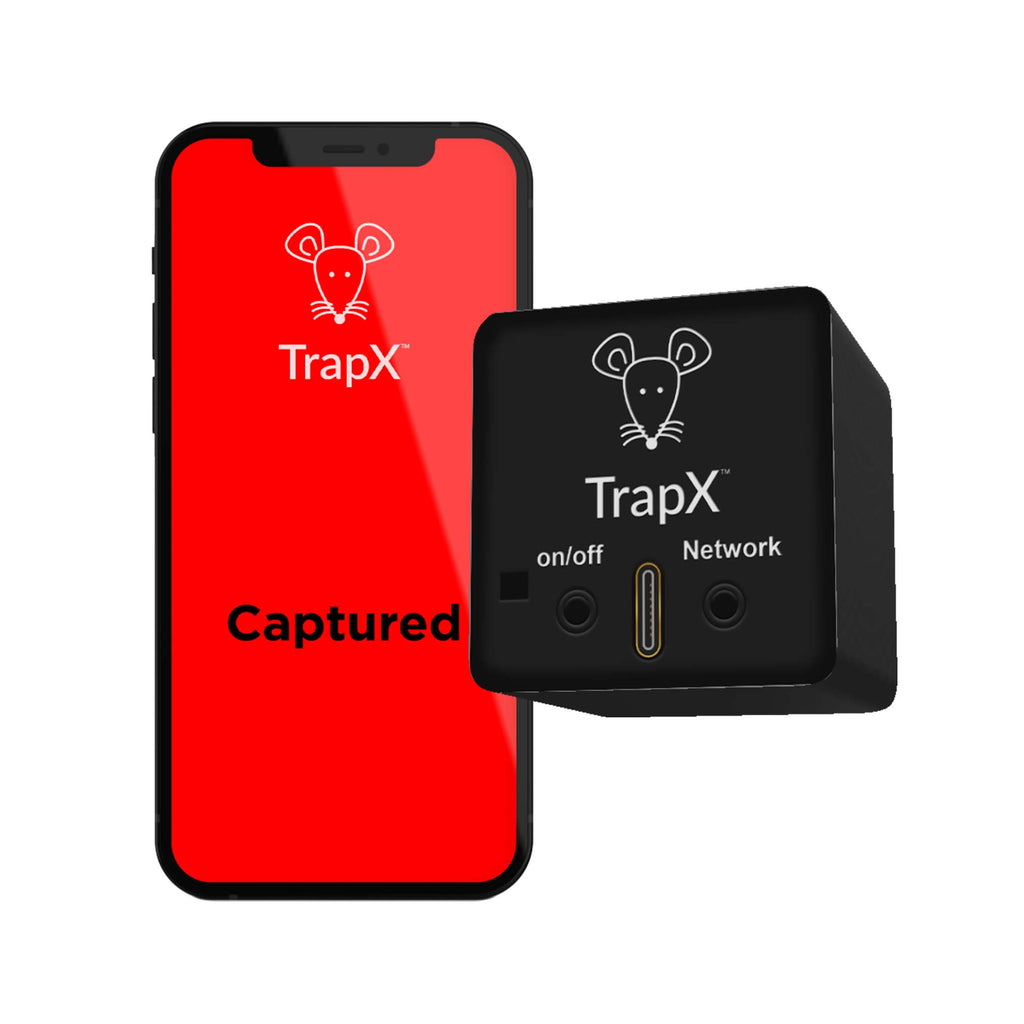Starting a pest control business can be a life-changing venture. With the growing demand for pest management services, many individuals are considering this as a viable option for entrepreneurship. If you're wondering how to start a pest control business, you're in the right place. This article will provide you with exclusive insights, remarkable tips, and shocking facts that will help you succeed in this business.
The pest control industry is vast, covering both residential and commercial services. Understanding how to navigate this field can be tremendously rewarding. From developing a business plan to acquiring the necessary licenses and certifications, we'll guide you through every step. Grab your notebook, as the information here might just be the key to your future success in the pest control arena!

Understanding the Pest Control Business Landscape
The pest control market has been on the rise, driven by growing awareness regarding pest-related health issues and the need for sanitation. The first step in how to start a pest control business is to understand this market. Your primary targets will be homeowners, businesses, and sometimes government contracts.
Research and Market Analysis
Conduct thorough research on your local market. What pests are predominant in your area? What services are offered by your competitors? This knowledge will allow you to tailor your services accordingly.
Additionally, consider running surveys or informal discussions with potential customers to comprehend their needs and pain points. Knowing what they seek can help you establish a strong foothold.

Getting Educated and Certified
To provide effective and safe pest control services, education and certification are crucial. You need to be informed about various pest types, pest control methods, and the environmental impact of these practices.
Consider getting trained through programs that provide knowledge on pest biology, pest management options, and safety measures to protect both the employees and clients. Once you are educated, you need to familiarize yourself with the legal requirements for pest control in your region. For more information on getting a pest control license, you can check out this [pest control license guide](https://trapx.io/blogs/news/how-to-get-pest-control-license).
Business Planning
Creating an organized, actionable business plan is pivotal for starting any business, including pest control. Your plan should include:
- Executive Summary: Outlining your business vision.
- Service Offerings: Detailing what pest control services you will provide.
- Market Analysis: Detailing your target audience and competitors.
- Marketing Strategy: Techniques to attract clients.
- Financial Projections: Expected income, expenses, and profit margins.

Licensing and Legal Requirements
Every state has its own regulations regarding pest control services. Obtaining the necessary permits and licenses is essential before you start offering your services. Check the [EPA's guidelines](https://www.epa.gov/safepestcontrol/tips-selecting-pest-control-service) for more information on selecting pest control services and what licenses might be needed.
Purchasing Equipment and Supplies
Investing in quality pest control equipment and chemicals is necessary for providing effective services. Your initial inventory should include:
- Spray equipment
- Traps
- Pesticides
- Protective gear
Ensure that all products you obtain are EPA-approved and safe. If youre unsure about what to procure, seek advice from experienced pest control operators or browse through pest control methods at [FieldRoutes](https://www.fieldroutes.com/blog/pest-control-methods).

Marketing Your Pest Control Business
With certifications, business plans, and equipment in place, it's time to attract customers. Marketing plays a vital role in your success. Some effective strategies include:
- Building a professional website
- Utilizing social media platforms
- Offering promotions and discounts
- Networking with local businesses and organizations
Word-of-mouth advertising can also be beneficial in the pest control industry. Provide exceptional service and ask satisfied clients to recommend you to others.
Know Your Competition
Understand what your competitors offer. This knowledge will allow you to position your business effectively against them. Visit local websites and check their offerings, customer reviews, and pricing to determine how you can differentiate your services.
Maintaining Customer Relationships
Once you've established your business, maintain strong relationships with your clients. Communication is key. Regular follow-ups can enhance customer satisfaction.
Offering loyalty discounts can also keep clients coming back. You may consider creating a membership program that invites clients to schedule periodic pest control checks for a lower rate.
Logistics and Operations
Consider how you will manage your scheduling, invoicing, and services. Currently, several software options help streamline operations for pest control businesses. These can help with routing, customer management, and billing.
FAQ Section
What licenses do I need to operate a pest control business?
Licenses vary by state, but generally, you will need a commercial pesticide applicator license. Check your local regulations for specific requirements.
How much can I earn as a pest control technician?
The earnings of pest control technicians depend on various factors, including year experience and location. For more on salary expectations, visit this article about [pest control technician earnings](https://trapx.io/blogs/news/how-much-does-a-pest-control-technician-make).
How can I effectively market my pest control services?
Effective marketing strategies include social media advertising, local SEO, and networking within your community. Consider offering introductory discounts to entice new clients.
As you embark on this journey towards entrepreneurship in the pest control field, remember that success requires patience, dedication, and continuous learning. With the right mindset and tools, you can build a thriving pest control business.
As an Amazon Associate, I earn from qualifying purchases.
